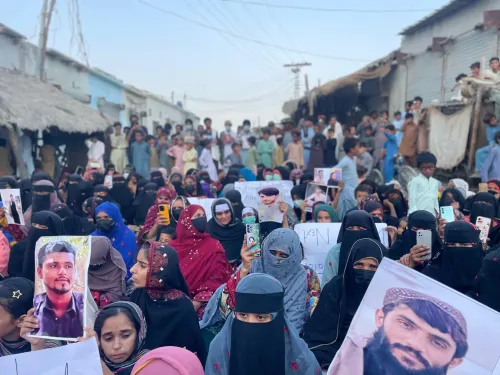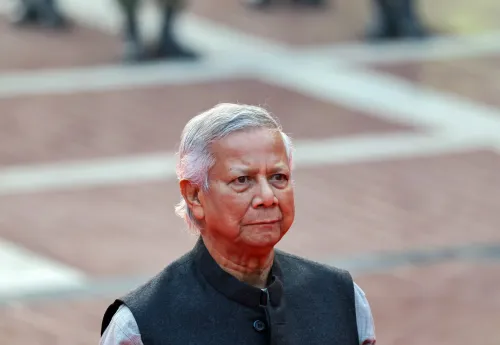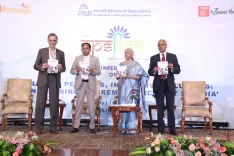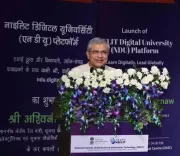Is Pakistan's Religious Persecution a Societal Issue?
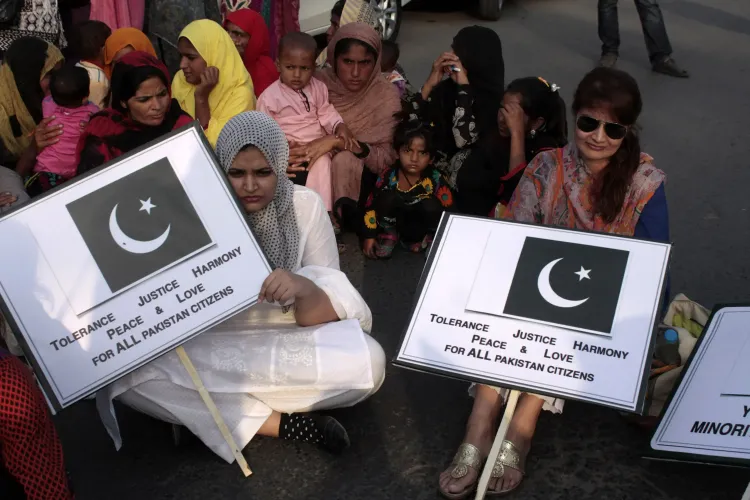
Synopsis
Key Takeaways
- Human rights abuses against religious minorities are systemic.
- Violent attacks and abductions are on the rise.
- Child marriages and forced conversions are prevalent.
- Societal attitudes play a crucial role in perpetuating these issues.
- International advocacy is essential for change.
Islamabad, Oct 2 (NationPress) The systematic and grave human rights violations faced by religious minorities in Pakistan are not simply a leadership problem; rather, they stem from a wider societal issue ingrained in Islamic traditions and the ongoing process of complete Islamisation, as highlighted in a recent report.
The report states, “Pakistan exemplifies the consequences of a fully Islamised society. The West consistently enables the brutality of Islam in Pakistan and fails to confront its support for terrorism and campaigns of ethnic cleansing against non-Muslims.”
According to a report from Christian Daily International, a radical Islamist group was responsible for the murder of a Catholic individual while injuring another during their pilgrimage in Punjab Province on September 8.
Aurangzeb Peter, a member of the group, recounted that Afzal Masih and his cousin Harris Tariq Masih were on their way to the annual Feast of the Nativity of Mary shrine in Sheikhpura District, when they were ambushed by an Islamist group armed with a Kalashnikov, resulting in Afzal's death and Harris's critical injuries.
The report also emphasizes that, as per various human rights organizations, approximately 1,000 girls from Christian, Hindu, and Sikh communities are abducted each year in Pakistan. Many are forcibly converted to Islam and coerced into marriage, with child marriages under the age of 16 being widely accepted under Sharia law.
For instance, a 14-year-old Hindu girl named Chahat went missing in Quetta this past April. Shortly after, she appeared in a video claiming her conversion to Islam and marriage were voluntary. However, her parents provided her birth certificate to show she was below Balochistan’s legal marriage age of 16, raising concerns about coercion.
The report further highlights the increase in violent hate speech against religious minorities and their advocates. The Chief Justice of the Supreme Court faced death threats after granting bail to an Ahmadi individual, while an elected senator was publicly shamed and questioned about his patriotism for defending religious minorities.


